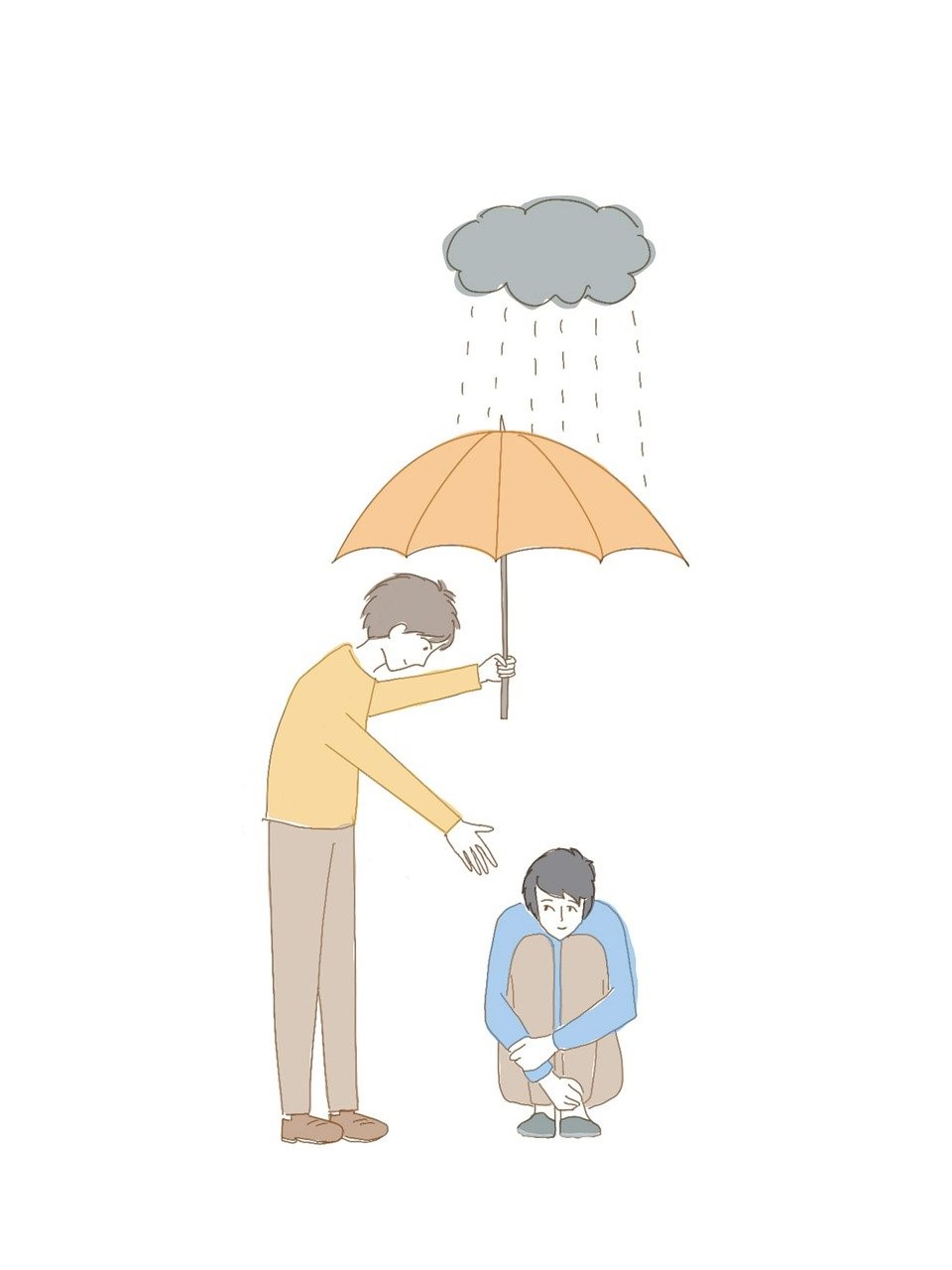Post-Traumatic Stress – Breaking the Stigma of Psychotherapy
In a recent study, the World Health Organization highlights that millions of people are suffering from Trauma. Among them, chronic pain, anxiety, and depression are quite common. While a large majority (nearly 70%) is aware of their mental health concerns, there is still a segment of individuals who tend to ignore these concerns.
For those who are still ignorant of the fact that mental health issues are real, Gerda Robinson shares her own account, a gripping yet candid one, in her autobiography, From Trauma to Peace: How We Reclaim Our Lives.
Here is what happened to her and how she survived the ordeal to become a proponent of seeking relief from chronic pain. She is sharing her story so that perhaps people can learn and benefit from it.
Gerda Robinson’s Experience
Gerda Robinson, in her book, From Trauma to Peace: How We Reclaim Our Lives, shares her experiences and describes the trauma, abuse, and neglect she went through as a child during and in the aftermath of World War II.
Until the 1970s, most people had little to no knowledge of the problem that can result from post-traumatic stress, and a person having such issues was frowned upon. Gerda had the same mindset. However, things took an unlikely turn when Gerda started to experience back pain. Although the intensity of the pain was dull and manageable at first, with the passage of time, it started to impact her day-to-day life.
As the pain became unbearable, she made appointments with several health professionals to find out what exactly was wrong, but to no avail. No one could diagnose what the real issue was. One health professional recommended she consult a Chronic Pain specialist Dr. Loran Pilling. He was Mayo Clinic trained and was an Internist and a Psychiatrist who specialized in patients who suffered from chronic pain.
While she did hesitate to consult a psychiatrist, her throbbing back pain led her to Dr Piling’s office. He was kind enough to listen to her and provided her with a definite answer to the cause of her pain. Explaining that past trauma could result in chronic conditions such as severe back pain that she was experiencing. He further recommended his four-week intense specialized program for the physical and mental treatment of the pain. Meanwhile, Gerda was skeptical going forward; however, once she started the program, it led to a positive change in her life. Her pain subsided, and soon after, she was able to take control of her life again.
Gerda’s story is a powerful example and offers a strong precedent on how mental health issues can affect you in unexpected conditions. The pain she experienced wasn’t just physical; it had an emotional factor to it as well. Dr. Piling’s practice attended to the significant connection that exists between mind and body, a concept not widely discussed in the 1970s.
What can we learn from Gerda’s experience?
- Chronic pain can result from various causes. Physical symptoms such as pain, fatigue, or digestive problems can sometimes be linked to emotional struggles.
- Therapy is not a sign of weakness. Just like visiting a doctor for a routine checkup or treatment, seeking help from a therapist is a sign of strength and a desire to improve your well-being.
- Talking about your health experiences is crucial. Holding onto past trauma can have significant effects on both your mental and physical health. Sharing your story with an experienced therapist can serve as a vital tool for healing.
Here’s how you can break the stigma
- Talk about your mental health issues. Share them with your friends and family, and write about them. Open discussions may lead you to seek help and also encourage others to prioritize their well-being as well.
- Educate yourself about health issues. Knowledge is power. Learn about different health conditions and how they affect your well-being.
- Challenge negative stereotypes. Therapy isn’t just for “crazy” people. It can benefit anyone who cares about their well-being.
Final Note
Remember, your mental health is just as important as your physical health. You’re not alone in your fight against mental health trauma. If you’re experiencing chronic pain, unusual emotions, fatigue, anxiety, or depression, seek help and opt for proper treatment. Talk to a health professional about your concerns. There’s no shame in seeking help. Together, we can break the stigma surrounding mental health issues and build a society where everyone prioritizes their well-being. If you want to learn more about Gerda and her past experiences, read her book, From Trauma to Peace: How We Reclaim Our Lives. The German Edition of the book is available on Amazon. The English Edition of this remarkable book will be available soon.














Post Comment